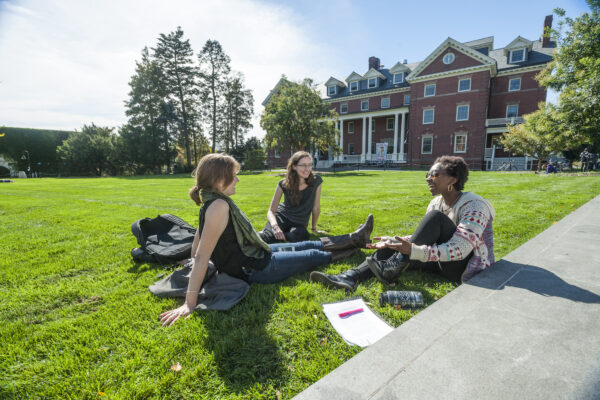A Deeper Dive into Black Student Access at Selective Private Colleges
Title: ‘Segregation Forever’?: The Continued Underrepresentation of Black Undergraduates at the Nation’s 122 Most Selective Private Colleges and Universities
Author: Gabriel Montague
Source: The Education Trust
As a follow-up to a 2020 report from The Education Trust that brought to light the persistent underrepresentation of Black and Latino students at public universities nationwide, a new study extends their commitment to unraveling the complexities of access and inclusion in higher education. This time, researchers direct their focus to Black student enrollment at the 122 most selective private colleges and universities in the United States. The report, ‘Segregation Forever?’ authored by Gabriel Montague, delves into data from 2000 to 2020, centering on Black students’ enrollment trends concerning the demographics of the states from which these students originate.
Access scores, graded on a scale from 0 to 100, were utilized to gauge how well each institution’s Black enrollment reflected the racial and ethnic demographics of the states from which first-time undergraduate students migrated. Subsequently, letter grades were assigned. Scores of 90 or higher received A’s, while scores in the 80s, 70s, and 60s received B’s, C’s, and D’s, respectively. Scores below 60 were designated as failing grades (F’s).
The report underscores the importance of analyzing access through the lens of enrollment for Black residents aged 18-24. Key findings from the report are summarized below:
- While Black undergraduate student enrollment increased at 74 percent of the 122 most selective private colleges and universities from 2000 to 2020, 71 percent of institutions received failing grades for Black student access in 2020.
- The average increase in Black undergraduate student enrollment for institutions that demonstrated growth during the same period was only 2.3 percentage points. In contrast, the 26 percent of institutions where Black undergraduate student enrollment declined experienced an average decrease of 3.7 percentage points.
- All eight Ivy League institutions earned D or F grades for Black student access in both 2000 and 2020, with their average score increasing only slightly from 45 percent in 2000 to 52 percent in 2020.
- Historically Black Colleges and Universities (HBCUs) and predominantly Black institutions (PBIs) continue to lead the way in Black student access. In 2000, HBCUs or PBIs held six of the top 10 Black student access scores, and in 2020, these institutions held seven of the top 10 scores.
The central issue highlighted in the report is the concerning underrepresentation of Black students, particularly in the context of the Supreme Court’s ban on affirmative action in college admissions, which further complicates the situation. In light of these findings, the report concludes the higher education sector must make intentional efforts and introduce accountability measures to expand Black student recruitment and enrollment at selective private institutions.
The report also provides practical recommendations for college leaders and policymakers to improve access for Black students.
Recommendations include:
- Developing recruitment strategies aimed at increasing access, such as outreach to students beyond the lists test providers give institutions, improved collaboration between secondary and postsecondary education, and test-optional policies.
- Assessing and enhancing campus racial climates by hiring more staff and faculty of color, ensuring students have support from a social and cultural perspective, and providing ongoing educational opportunities to address anti-racism and implicit bias.
- Leveraging federal accountability measures through programs and policies.
- Heightening accountability from accreditors and accreditation organizations.
To read the full report, click here.
—C. Emmanuel Wright
If you have any questions or comments about this blog post, please contact us.

